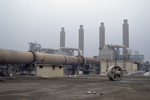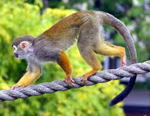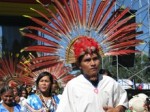On Ecology, Economy, and Human Health
By Sandra Steingraber, ORION. My mother was diagnosed with breast cancer at age forty-four. I have uncles with colon cancer, prostate cancer, stromal cancer. My aunt died of the same kind of bladder cancer—transitional cell carcinoma—that I had. But here’s the punch line to my family story: I am adopted.
Continue reading →



